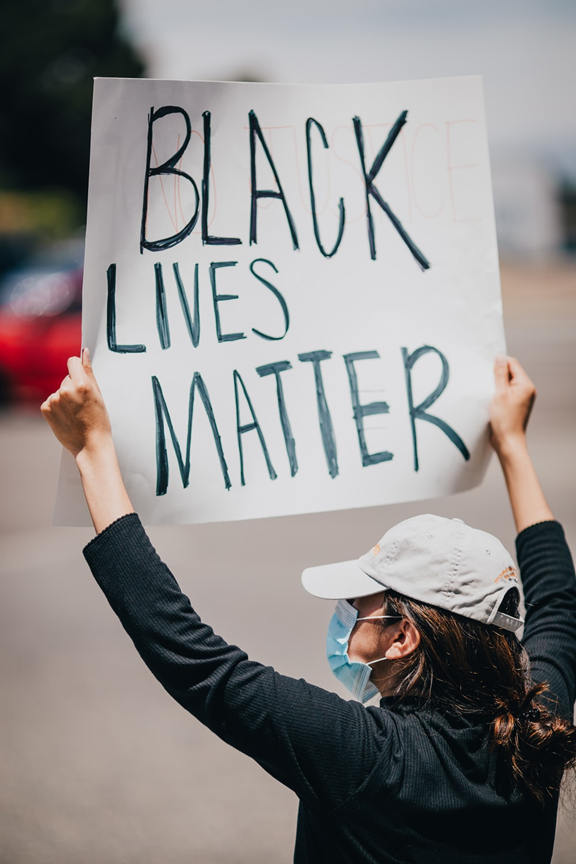American Exceptionalism and The Art of The Quid Pro Quo
Franklin Delano Roosevelt is often seen as a great American hero. As our president, he lead the United States through our worst depression. Roosevelt directed our World War II War effort, defeating Hitler, making The United States The dominant world power.
Franklin Roosevelt also was a “realist”. He proposed and supported New Deal programs. They formalized segregated American housing and education. The racism we face today is most visible in these two areas.
Franklin Roosevelt posited himself as a “friend of the Jews”. He has been (sometimes) harshly criticized related to the Holocaust. He consistently opposed helping desperate 1930’s German Jews escape Hitler’s control.
By November, 1942, Roosevelt clearly knew that Hitler intended to kill all the Jews in Europe. Winning the war (alone) was prioritized, ignoring calls to substantively try to slow the murder of Jews.

John F Kennedy is often idolized. He blundered into the Bay of Pigs fiasco in Cuba, where on April 17, 1961. 1400 Cuban exiles failed miserably that day, trying to overthrow Castro.
Kennedy was reluctantly dragged into supporting Civil Rights efforts. During his first two years as president, he “compromised” (i.e. gave in) repeatedly to the pressures of Southern Democratic Party politicians. His efforts in the last months of his life largely were responding to popular pressures caused by major southern atrocities.
John Kennedy’s sexual escapades included significant potential blackmail situations with mob figures, as well as frequent pleasures with prostitutes.
Joe Biden was propelled into his 2020 Democratic Party nomination most significantly by his Black support.
At the same time, his support of anti-racism efforts has been very mixed. An example:
Biden got the message. If he continued to defend busing, he ran the real risk of becoming a one-term senator. In 1975, Joe Biden stunned his Senate colleagues by throwing his support behind known segregationist Jesse Helm’s proposed antibusing amendment to the Constitution. (p.65, Oluo, Ijeoma: MEDIOCRE: The Dangerous Legacy of White Male America)
White women’s early 20th century efforts to get women the vote (usually) clearly indicated that they weren’t supporting Black People’s (particularly women’s) rights to vote. 1960’s feminist organizing efforts, frequently (deliberately) rejected the leadership efforts of lesbian and/or Black women.
USians often tell ourselves and others that we are “better” than the people of other countries. We were the “original democracy”. Initially, this democracy was limited to the rights of landowning, white men. The rights of Native Americans, the real original Americans, have been denied, and continue to be denied, 400 years after Europeans began settling this country.
Slavery is seen as “ancient history”. Black soldiers returning from service in both world wars, “saving the world for democracy” (sic), found few rights, and a lot of danger from resentful white people. Recent police and civilian killings (George Floyd, Breonna Taylor, and Trayvon Martin for example,) show how little has changed.
For those who think that these are the exception, and minor blemishes, I suggest reading Howard Zinn’s, A People’s History of the United States.
We are frequently told to “be reasonable” and that “change takes time”. “Compromise” is “The Word”.
When Democrats win presidential elections, they have less than forty-five percent of the votes of white people. Hillary Clinton (2016) had just under 40%, while Joe Biden got roughly 42% of the white vote. If political appointees reflected the actual vote totals by race, white appointees (cabinet, judges, etc.) would only “be due” roughly 54% of the total. White men would be due far less than 25% of the appointments.
Clearly, white men wield far, far, far more power than 25–35% of “the power” in the United States, no matter how one defines “power”.
The words “quid pro quo” aptly describe how White men, and to a lesser degree women, often use their privilege and power over others. People lacking significant privilege and power commonly act significantly differently.
Prior to 1968, Southern senators and representatives would virtually never support political stands of other politicians, unless they voted towards, and fully accepted segregation and unequal power for white people.
Television shows and commercials only showed Black People in stereotyped subservient ways, to avoid not being shown in the South. Southern colleges and universities (who were not Historically Black Institutions) would only compete in sports competitions games with northern schools if token (if any) Black players were allowed to play.
In 1963, Mississippi State University defied a state court order when they played against Loyola (Chicago) University in the NCAA (Men’s) Basketball semi-finals. Loyola broke unspoken prior precedent with its four Black starters.
Connecticut has long been the home of most major insurance companies. Senators and representatives in “farm belt states”, expecting support on farm industry issues, will commonly know that they need to support the major issues of large insurance companies.
Support is conditional and political decisions are controlled significantly by these types of quid pro quos. Being visibly “pro-life” is a necessity for Republican politicians courting the support of Evangelical Christians, the dominant core constituency in many states. Other things (e.g. “immoral behavior”) can be “forgiven”.
Many people lacking privilege and power look at things very differently. Black and LatinX leaders speak out for the rights of trans/gay/lesbian people. Their stands often conflict with the “Christian” beliefs of many Black/LatinX people.
Racism, sexism, classism, trans/gay/lesbian phobia are seen by many (of us) as strongly-inter-related. This is inter-sectionality.
Politicians try to divide us. They teach us white men (for example) how we are hurt, and even oppressed, by Black People, immigrants, socialists and women.
When Palestinian-American Muslims demonstrate for “Black Lives Matter”, it can seem particularly threatening to many politicians, and others who seek to divide us. It is no accident that Congresswoman Ilhan Omar is villainized much more than her fellow Minnesota Democratic Party Congresswoman ally, Betty McCollum. Their political differences are small. McCollum is white, while Omar is Somali/Muslim (Black).
We, who are white (and particularly those who are male,) can easily use quid pro quo’s, both actively and passively. When there is front-page news of a non-white person is killed, we don’t take it personally. We see it as an exception, rather than a part of a systemic, ongoing pattern.
When our neighborhood is five percent Black, we see it as diverse. We don’t see that BIPOC (Black, Indigenous, and People of Color) usually feel like they are “tokens”, until close to 25% of their neighbors are Black or BIPOC.

Where we are “different”, we really have a lot of choices. When we have physical or mental health issues, we can easily use them as excuses for why we aren’t concerned about inter-sectionality related issues. Personally, I try to use my autism as a positive motivator. I understand that there are clear parallels between how I feel excluded, and how BIPOC and/or women are discriminated against and hurt in much more major ways.
Dwelling excessively on guilt and shame is counterproductive. ! I am ashamed of (what I am aware of of) my racist and sexist actions. My shame doesn’t help others. I try to use my feelings as a positive motivator. I hope that my granddaughter (and many others) will someday live in a world, where we are seriously ending our systemic problems like racism and sexism.
We seem “exceptional” in our hypocrisies and inconsistencies in living up to our ideals. I strongly admire Anne Braden. She was persecuted over many decades, standing up to supporters of racism around her Louisville home.
“Communist” was the label that this white woman had thrown at her. Similarly, today many others are labeled “socialists” and far worse, as people with power try to keep it solely in the hands of wealthy, white people
I very much appreciate how Charlene Carruthers (author of: Unapolegetic: A Black, Queer, and Feminist Mandate for Radical Movements), can praise Sol Alinsky, a white man, despite all that white men like me have done to hurt her.
I do wonder when we, with privilege, and power, will really be more than tokenly “exceptional”. When will well-known men “out” themselves for their harassment of women. Why do we need to be dragged out by women, risking their careers and lives.
When will we, white men, help make “racism” the most major “white people’s issue” (like it is). When will we make “sexism” ( e.g. rape, domestic violence, sexual harassment) the primary “men’s issue” that it is.

Why should those who are hurt by us need to risk so much to confront us. When will we seriously join them as “learners” (not “leaders”), pushing to make the United States really exceptional for the first time.
We’ve got a long way to go! I’m (finally) really trying! I hope that many of you are also. We need to work together. There is a lot that we can do now!





Comments
Post a Comment